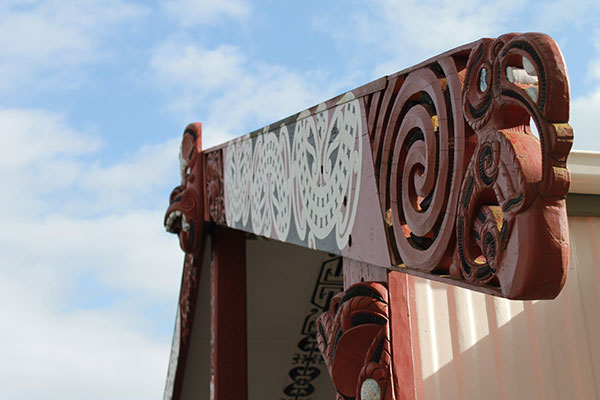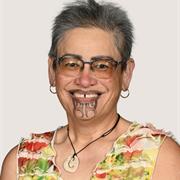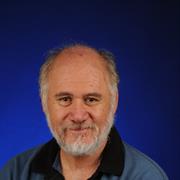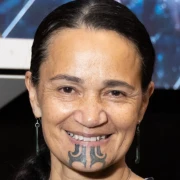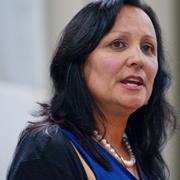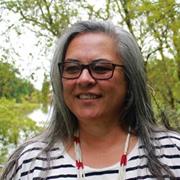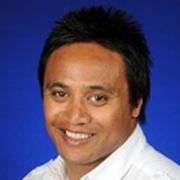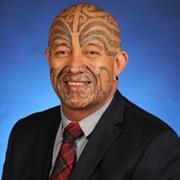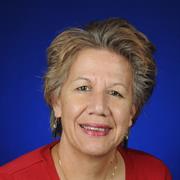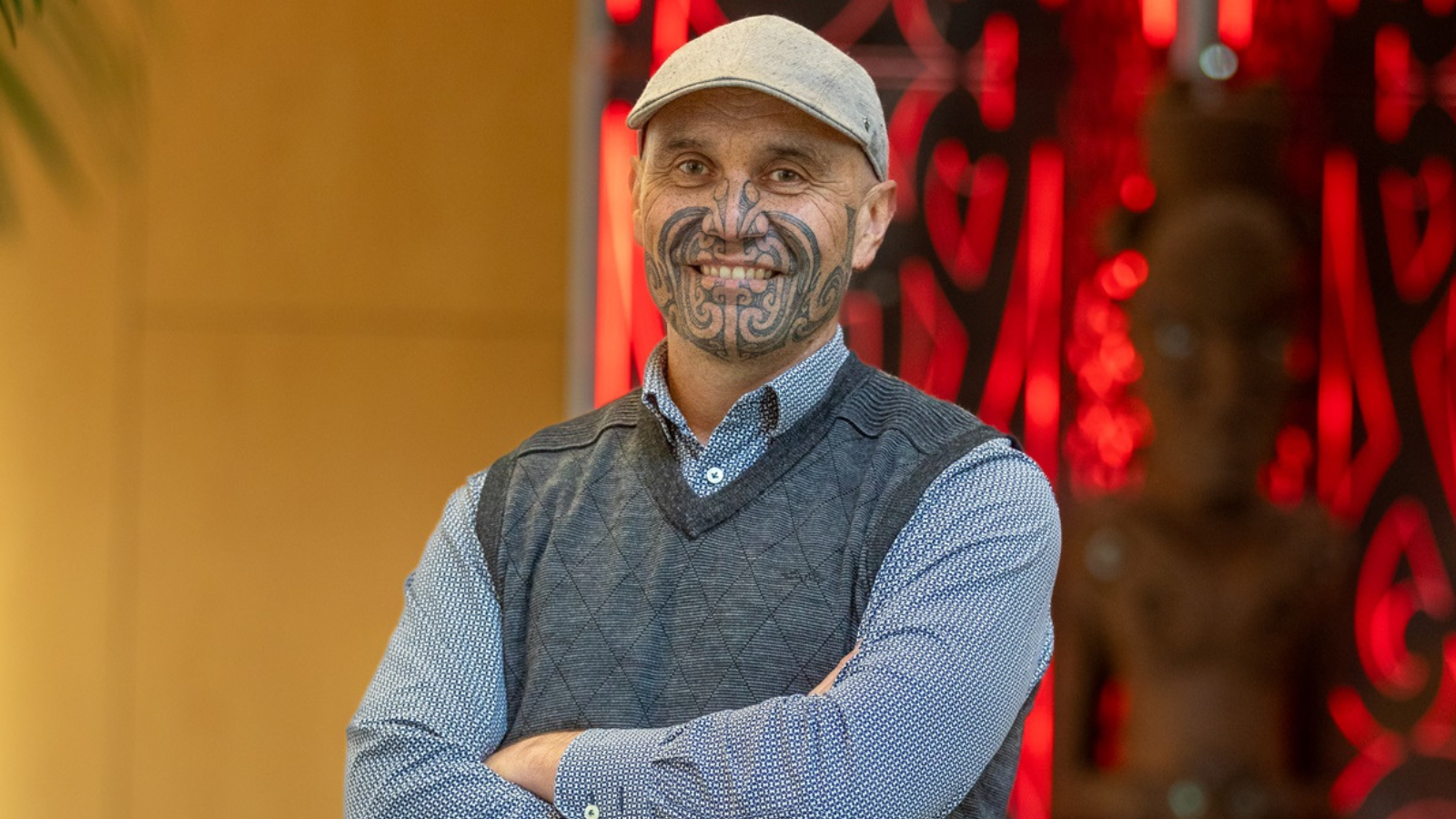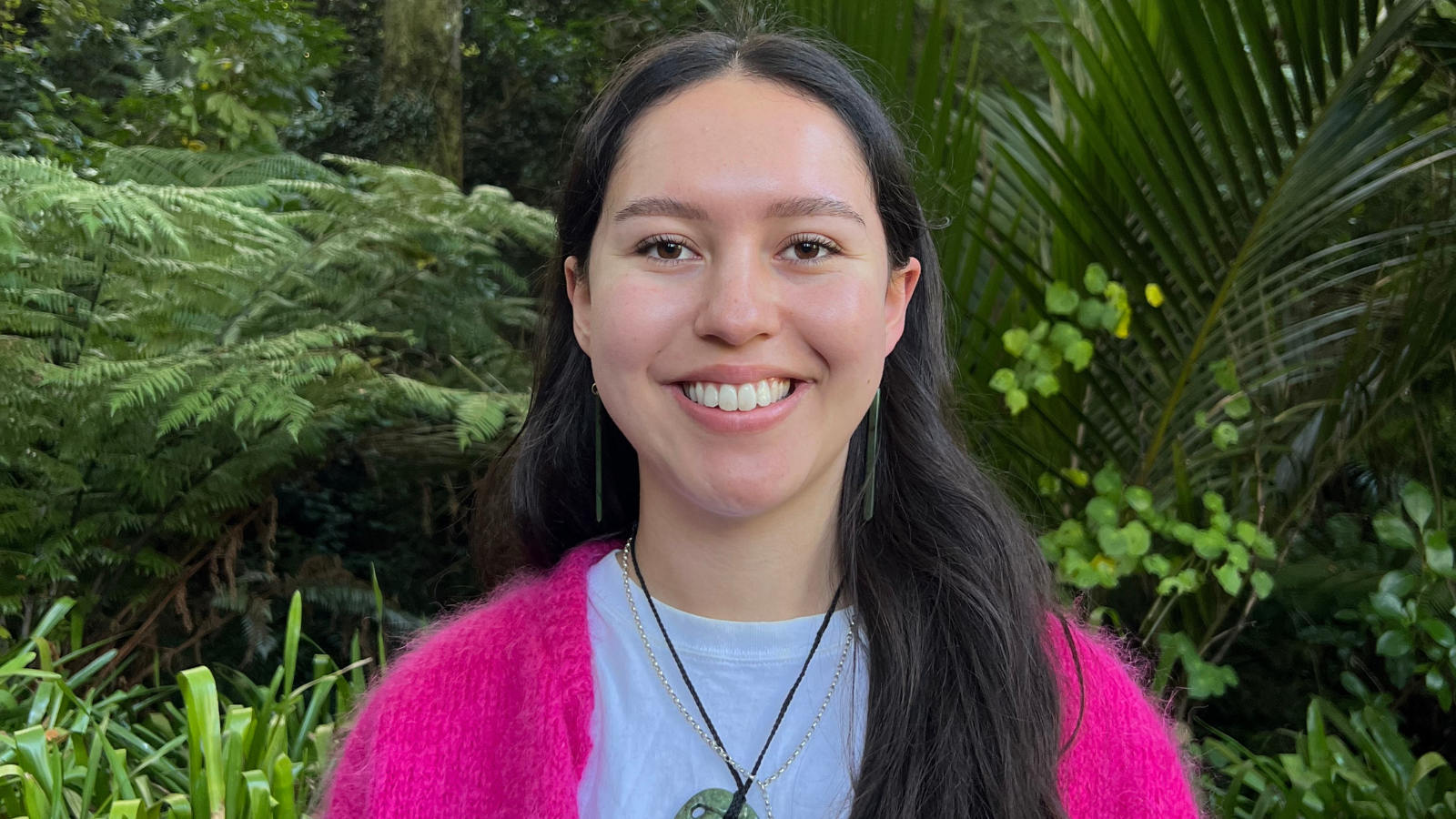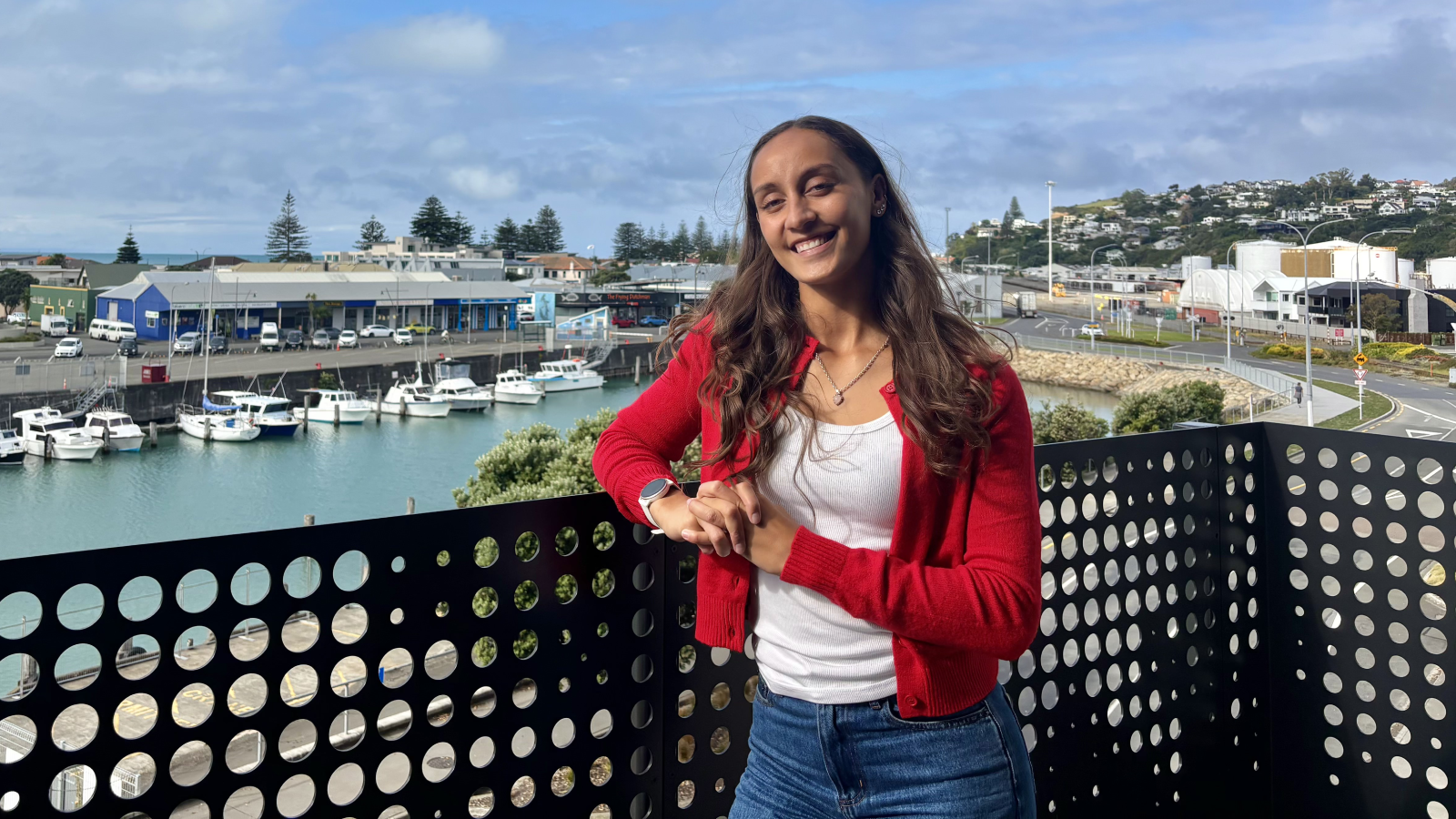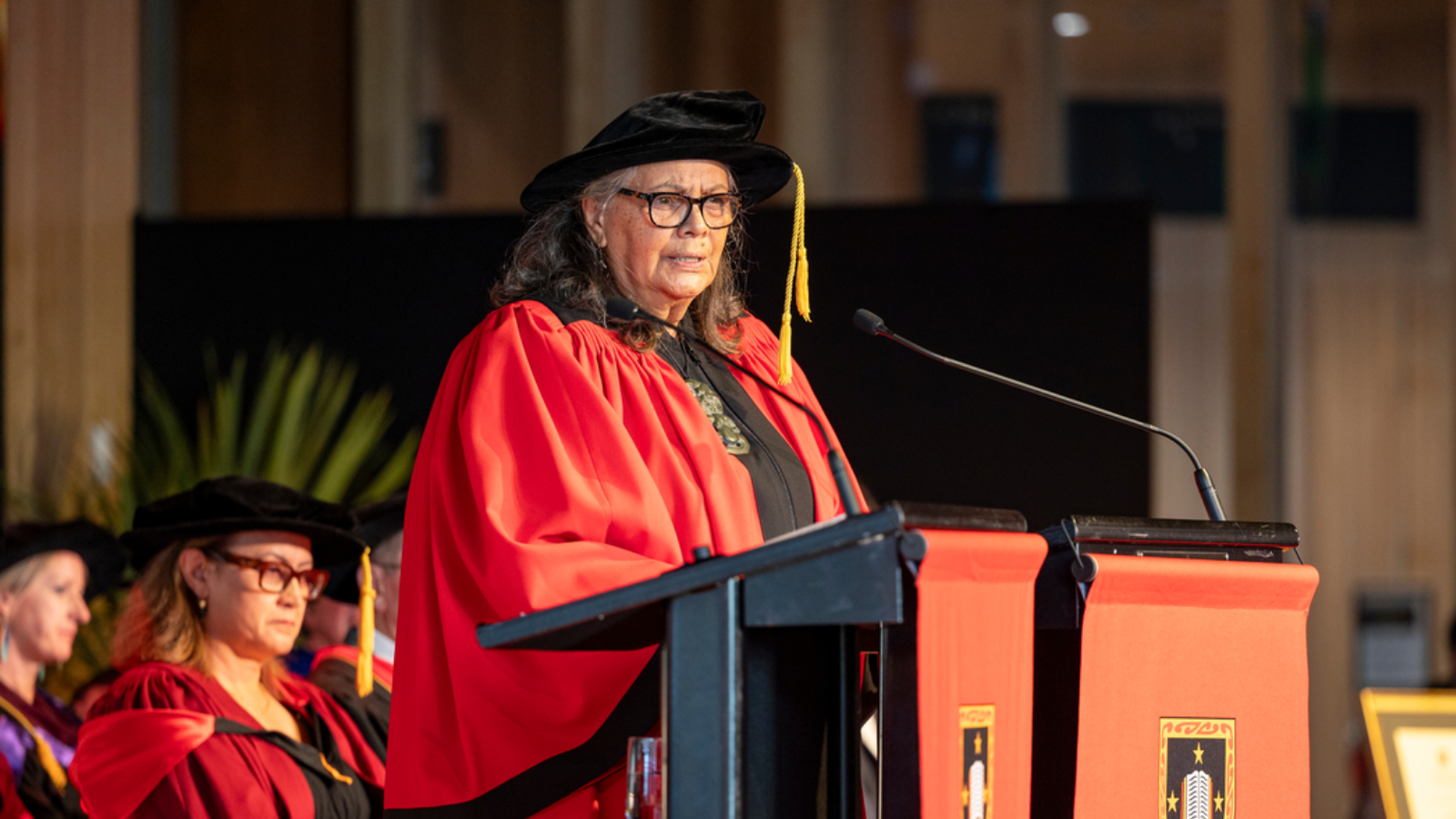University of Waikato lecturer shares te reo Māori with young readers in new bilingual picture book Koro Wētā
Ngairo Eruera’s te reo Māori translation of Koro Wētā helps young readers embrace language and culture through a bilingual tale of gumboots, a wētā, and a heartwarming lesson in coexistence.
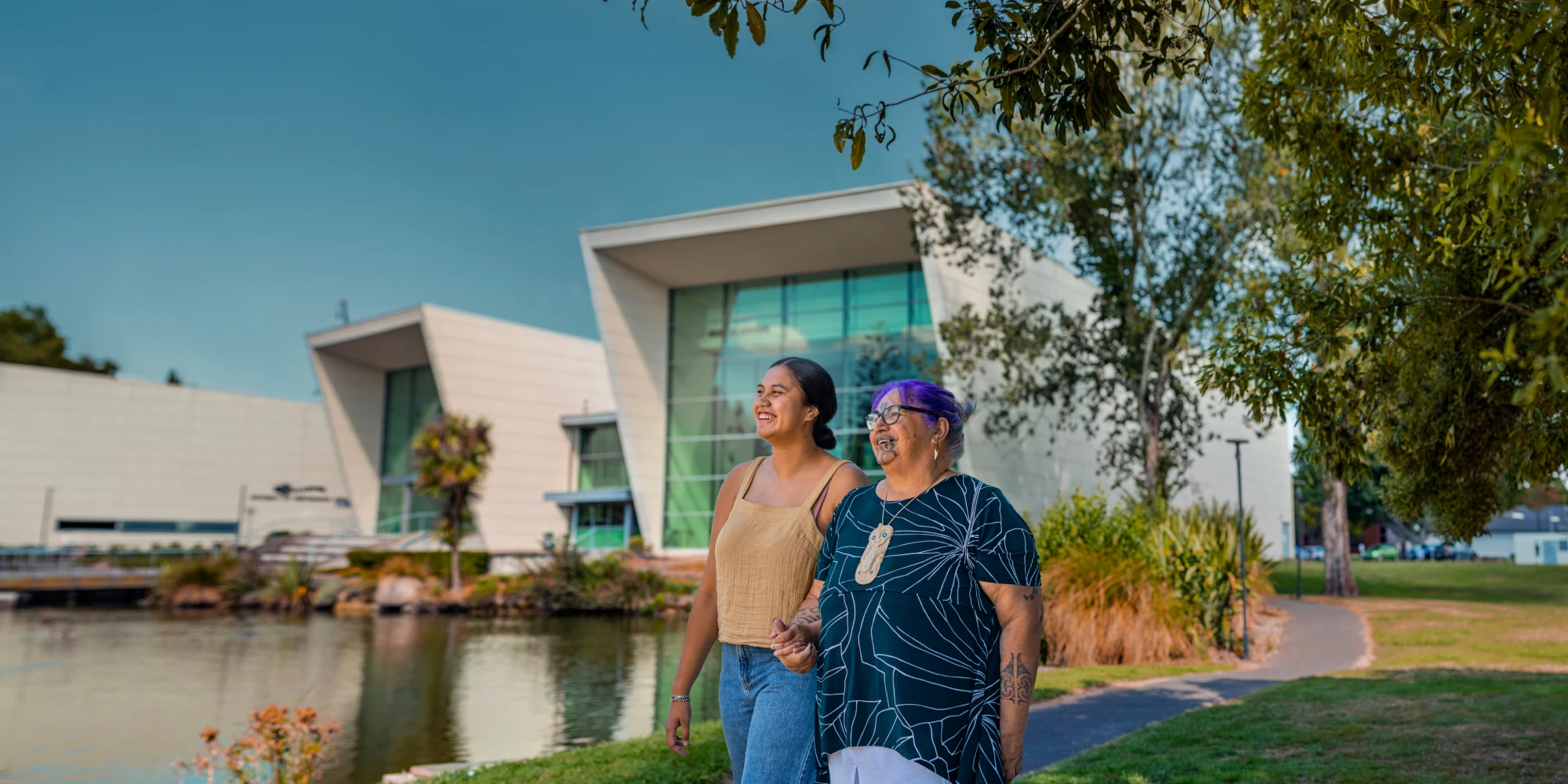
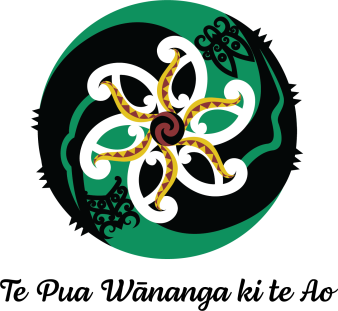 Puawānanga is the clematis. Before it can flower, it shoots its tendrils from the forest floor through the bush canopy to reach the light above the trees. Puawānanga encapsulates human endeavours to strive for knowledge and education.
Puawānanga is the clematis. Before it can flower, it shoots its tendrils from the forest floor through the bush canopy to reach the light above the trees. Puawānanga encapsulates human endeavours to strive for knowledge and education.